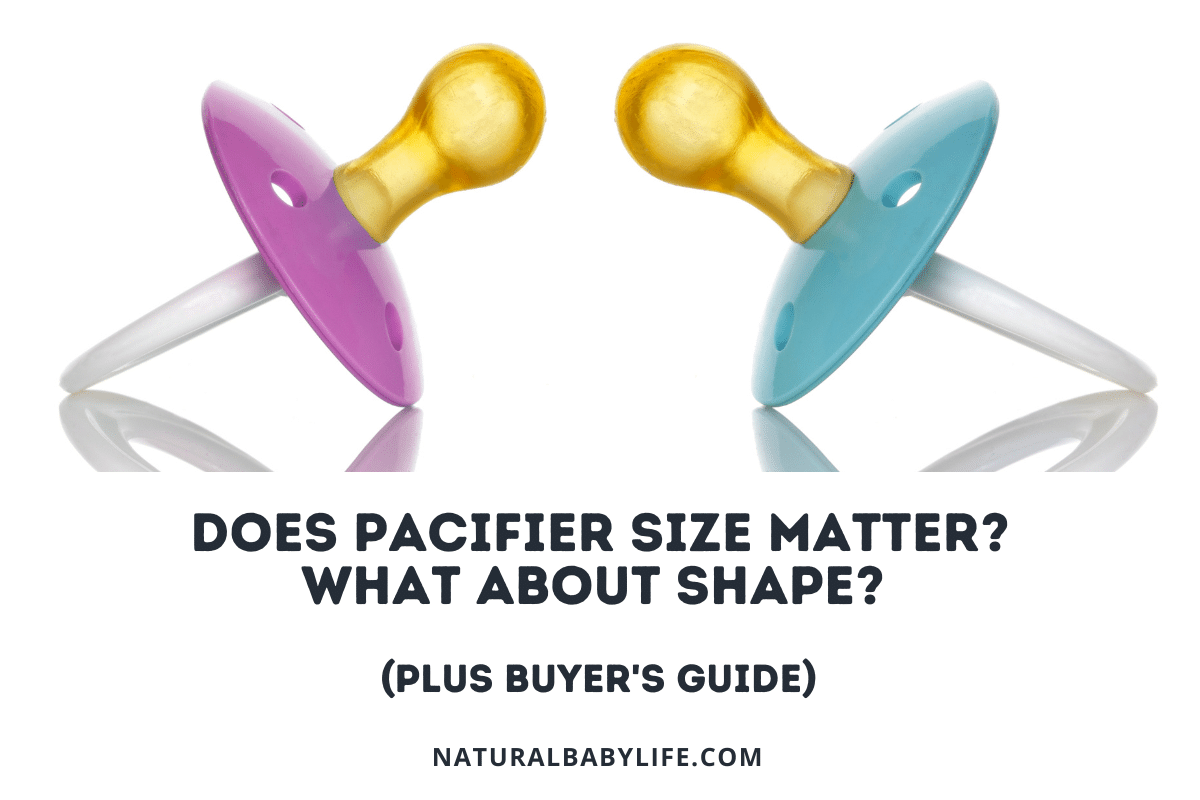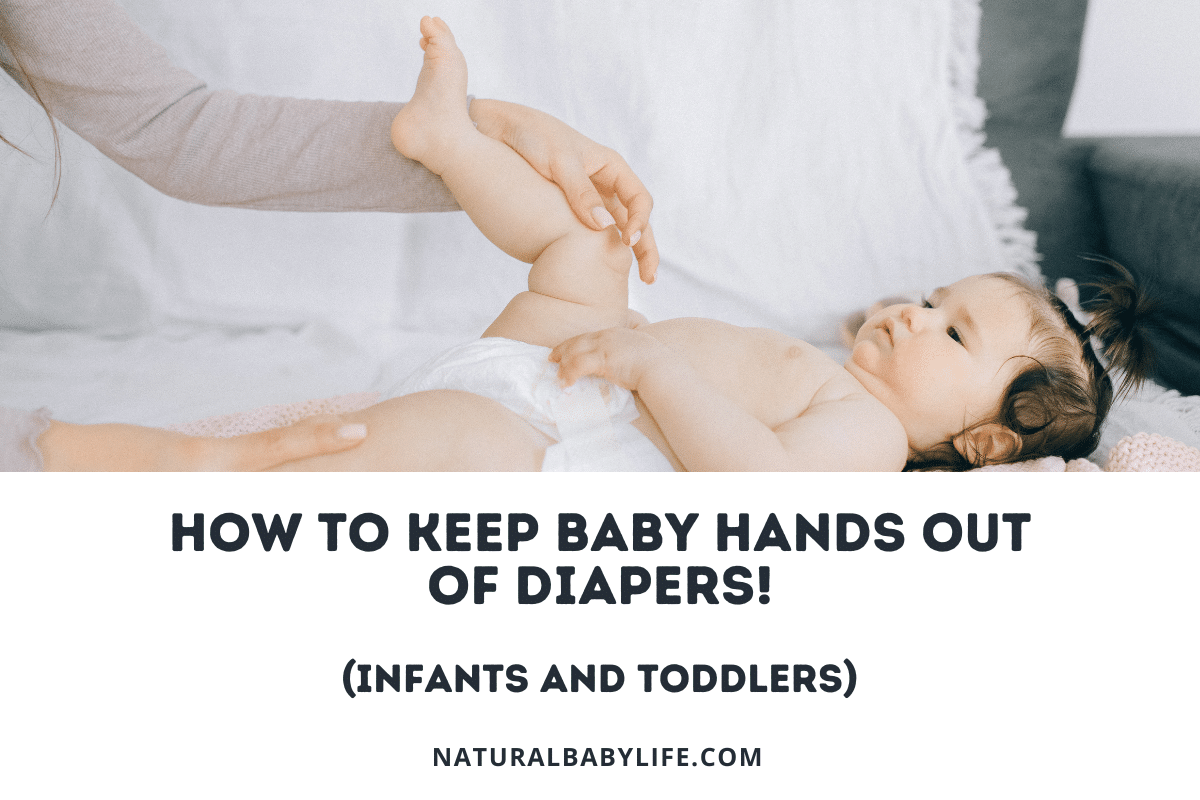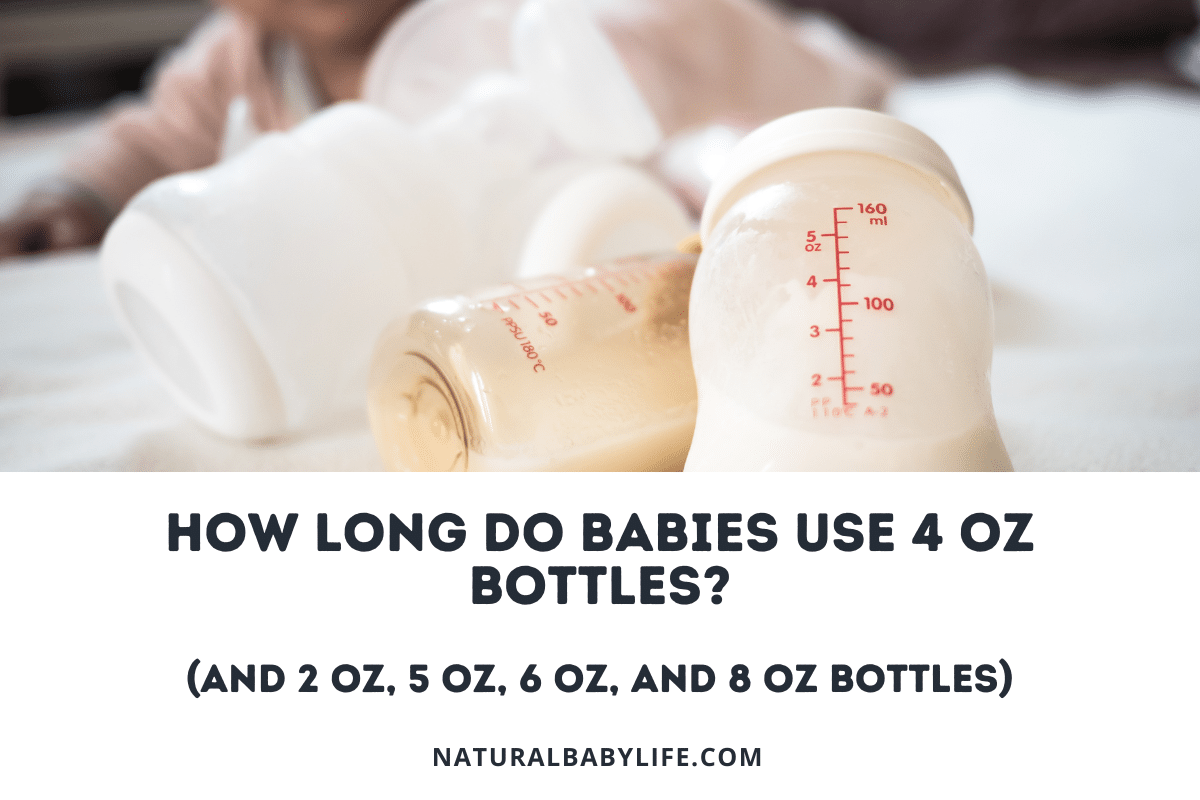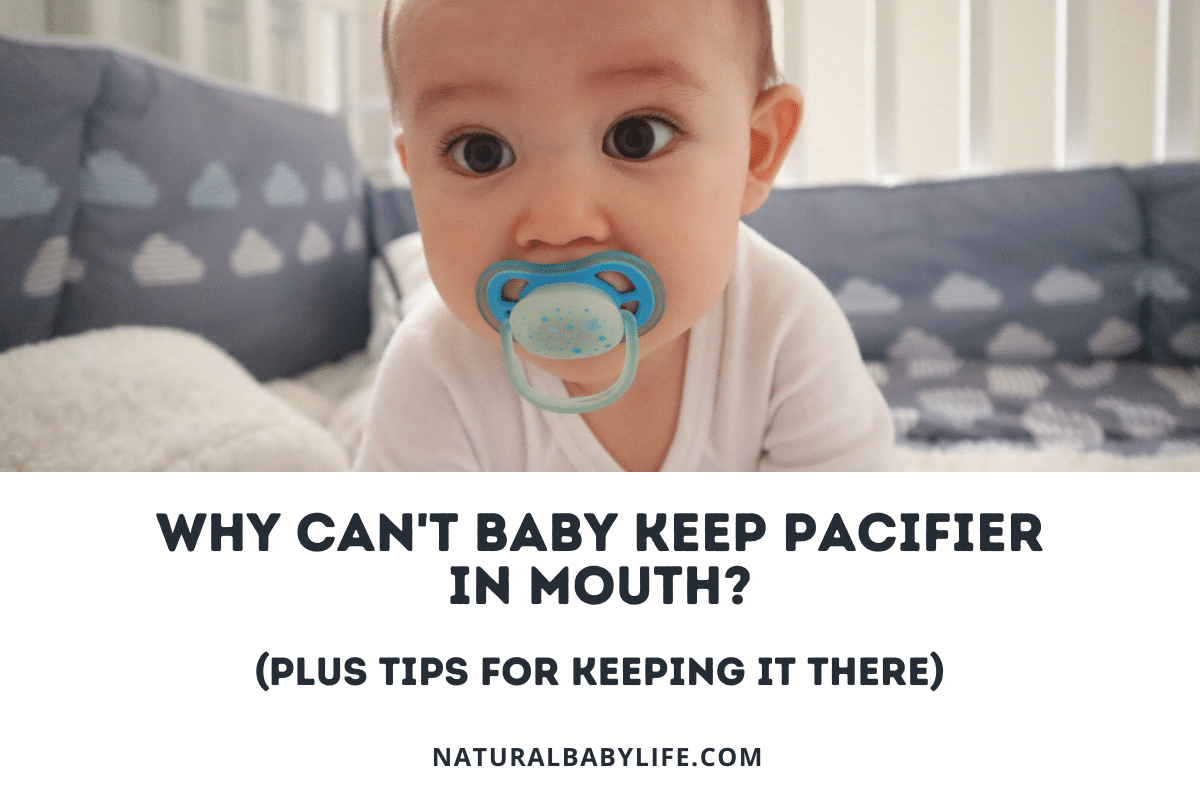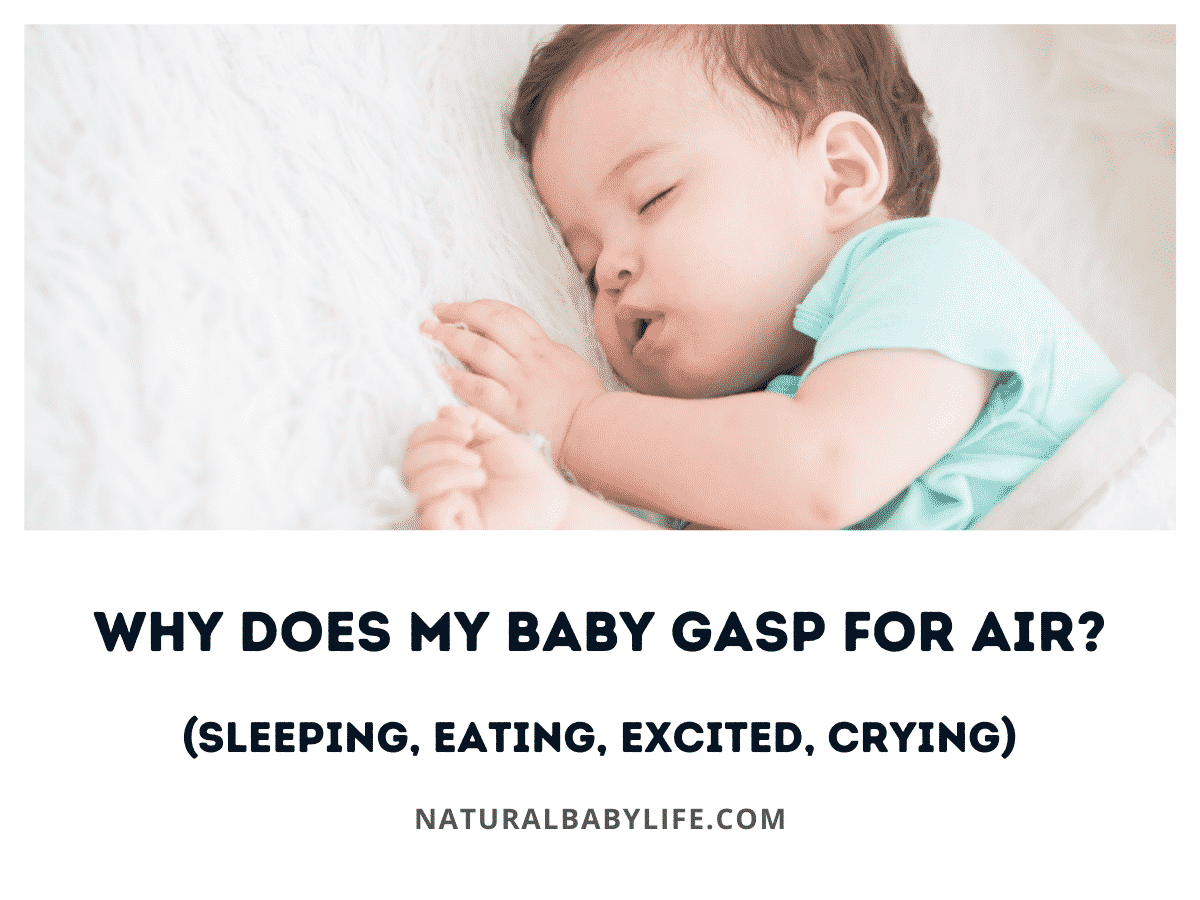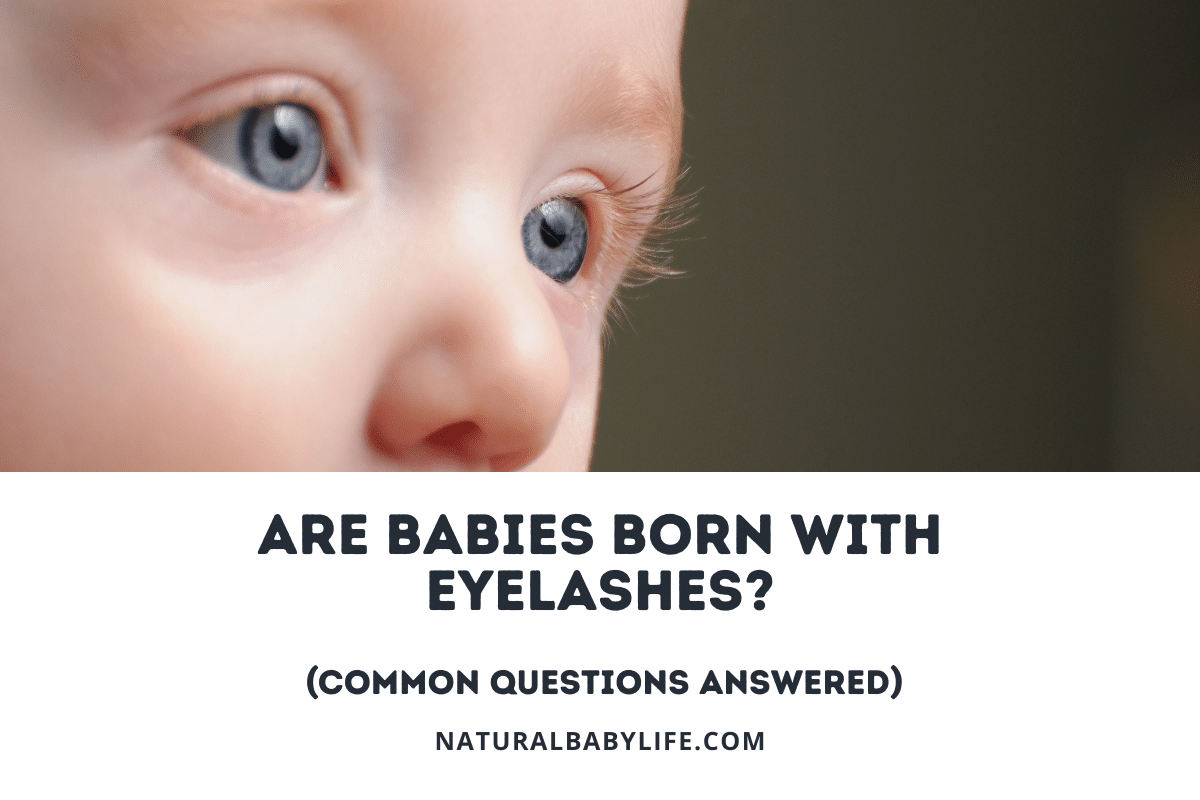It can be incredibly sweet when your newborn holds your hand, but does it mean they know you and love you? What about when a toddler goes through the adorable (but also kind of frustrating) phase when they want to hold your hand all the time?
Babies hold their parents’ hands for a variety of reasons, but they are all based on your child’s instinct to bond with you to increase their chances of survival. Newborns hold your hand because of their intrinsic grasp reflex, while older infants and toddlers do it as a way to deepen and maintain attachment with the trusted adults in their lives.
Read on to learn about the biological need that babies have to hold hands at each stage.
Table of Contents
Why does baby like to hold my hand?
Some of the sweetest moments of parenthood have to be when your little one holds your hand in their own.
Newborns instinctively grasp from 25 weeks gestation due to something called the palmar grasp reflex, but that doesn’t make it any less special when your new little baby holds your finger for the first time. Infants also hold hands, but their hand-holding is a way for them to explore their world in addition to securing their attachment with you. Finally, when your little one reaches toddlerhood, the hand holding will be an expression of, if not love (yet), their reliance and attachment to you.
Why do newborns like to hold hands?
Babies from birth to 2 to 3 months old are considered newborns, but perhaps that is not the word that best describes how fresh, helpless, and really underdeveloped human offspring are when they are born.
The fourth trimester brings a whole new world for newborns as they develop a circadian rhythm and adapt to being outside of the womb, but they do come equipped with a handful of primitive reflexes, one being the palmar grasp reflex, which causes them to close their hand when something touches their palm.
Palmar grasp reflex
In addition to rooting and sucking reflexes, human children are also born with the reflex to close their hands when something touches their palm, called the palmar grasp reflex. It is such an inherent part of our biology that the palmar grasp reflex can be detected in fetuses as young as 25 weeks.
Scientists believe it is one of the earliest survival techniques we are born with; it helps us cling to our parents in travel or escape.
Newborns even have the ability to hold their body weight with their fingers. You can test this by letting your newborn wrap a finger from each of their hands around your own and gently pulling them up from a reclining position.
Why do infants like to hold hands?
Between 4 months and walking, your infant will experience exponential growth in hand coordination and use, so you will certainly notice hand-holding in that first year.
The palmar grasp reflex continues from birth until 4 to 6 months of age, but after that, your baby’s hand holding will be part of their learning and exploration of the world and their senses.
First, infants learn that their hands are indeed theirs, and after that, they develop more control and use of their hands and fingers as their motor skills improve. As they learn to intentionally grasp objects, your hands and fingers will be something convenient to explore!
Why do toddlers like to hold hands?
Toddler hand holding takes on a practical use as your baby turns into a toddler and starts walking.
Your hands provide a steady source of balance as they take on the world on two feet for the first time. The biological need to have you near remains at this age, so beyond function, they have a deep-seated need to have you near, and hand-holding is a way to make that happen.
Many children go through the “Mama only phase” where they are particularly reliant on one parent. This is normal, particularly in stages of significant development or in times of stress as they turn to their comfort zones.
During this stage, toddlers hold your hand to ensure you are nearby and to exert the tiniest bit of control of their lives.
Why does my baby always want to hold my hand?
Babies want to hold your hand because they form attachments through touch.
Doctors recommend practicing skin-to-skin contact as soon as your baby is born, but their need to touch you does not end with the newborn state. By touching you, they can receive reassurance that you are there to ensure their continued survival.
Baby wants to hold my hand to sleep
At around 4-5 months, your baby no longer sleeps the deep sleep of newborns and may be disturbed when you slip your hand out of theirs.
Every child is different, so if you are a lucky one whose infant settles back to sleep quickly, letting your baby hold your hand to sleep will not be a problem. This is also the age when they may cry for a pacifier in the night or to be rocked back to sleep in the middle night.
Why does my baby always hold her own hand?
When babies hold their own hands, you may wonder whether they are a little over-interested in hand holding. Being able to move their hands across the midline of their bodies is actually an important developmental step that happens at around three months of age.
At that age, the palmer grasp reflex is still in place, so when your infant finally gets their arms in front of them, it is a basic reflex to clasp their hands once they touch.
Teaching baby to self-soothe
At around 5 months, your baby has the ability to put herself to sleep, and you can give her the tools to self-soothe by giving her routine and a healthy sleep environment conducive to sleep (think dark with white noise).
After your baby turns one, thin blankets and stuffed animals are permitted in their cribs, so introducing an attachment item can be a great way to help them self soothe.
Toddler always wants to hold my hand
Toddler clinginess, especially when it goes on for months, can test the grit of any family. It can start as early as six months and can persist all the way up to school age. Hopefully, it comes in stints rather than years of persistent clinginess. Ultimately, though, it is so very normal.
Little kids need physical touch to maintain attachment. While adults may have meaningful conversations to deepen and maintain relationships, babies and toddlers have no such ability.
Additionally, holding your hand is their way to exert the tiny amount of control they have in their lives.
Methods for dealing with toddler clinginess
If your toddler’s hand-holding seems excessive, consider a couple of different options for addressing clinginess to relax sometimes manic hand-holding that toddlers try:
- Connect with your child before she escalates into the clingy zone.
- Try to develop a routine so they always know what to expect next from you.
Keep in mind that we can unintentionally be ratcheting up our child’s clinginess by displaying signs of irritation or trying to get away from them; by doing so, we inflame their basic attachment fears.
Toddler wants to hold hand to sleep
Rather than attaching to a lovey, some toddlers require a parent’s hand in theirs to fall asleep. This is fine while rocking to sleep, but it starts to be a lot less cute when you cannot place your toddler in his crib or otherwise leave the room.
Unfortunately, if you want to sleep in peace, you will have to break this habit. Toddlers are entirely capable of falling asleep without holding your hand, but it may take a few tough nights to see progress. Try substituting your hand with a small stuffed animal or a thin blanket.
Ideally, make these items things that are not part of the day-time toy inventory so that they act as another signal to your little one that it is time to sleep.

![My Baby Likes to Hold My Hand [Newborn, Infant, and Toddler]](https://naturalbabylife.com/wp-content/uploads/2021/02/my-baby-likes-to-hold-my-hand_featured.png)

